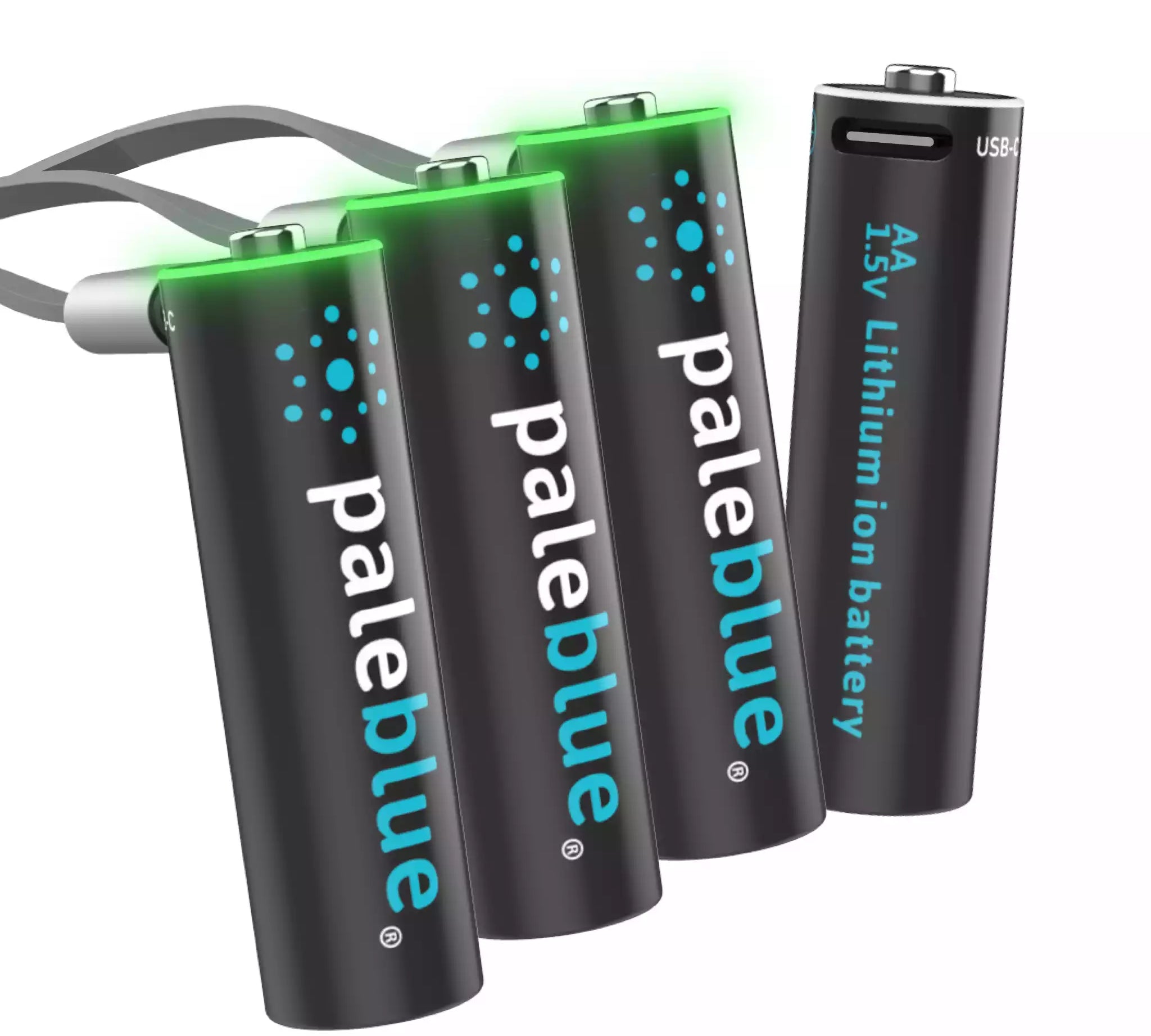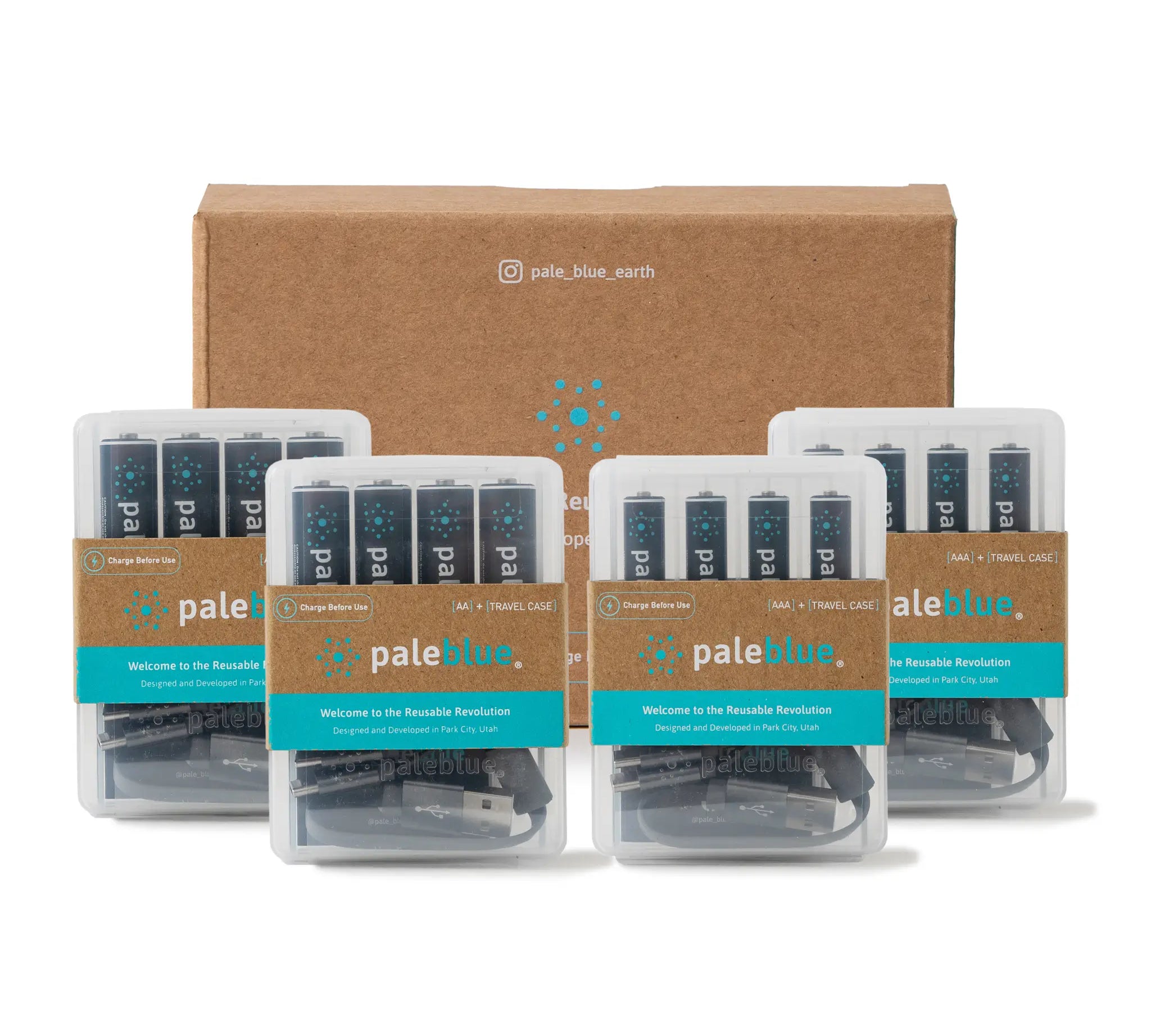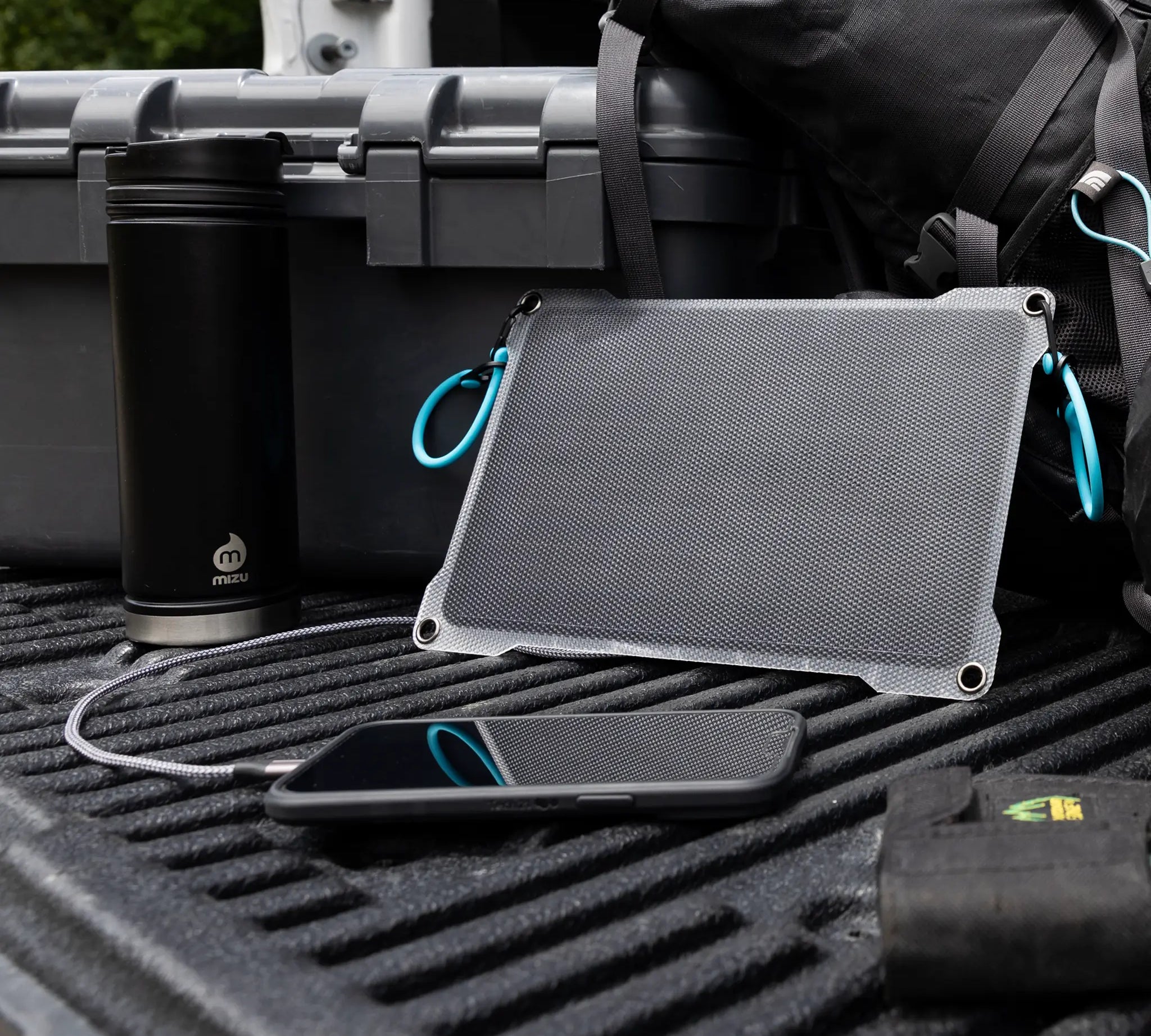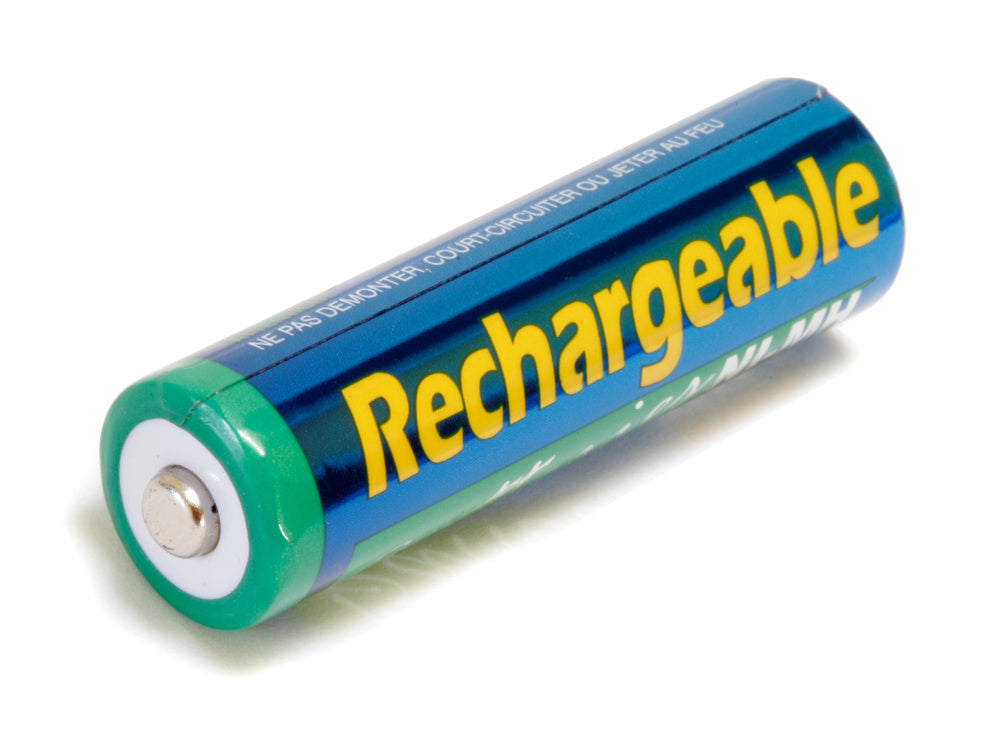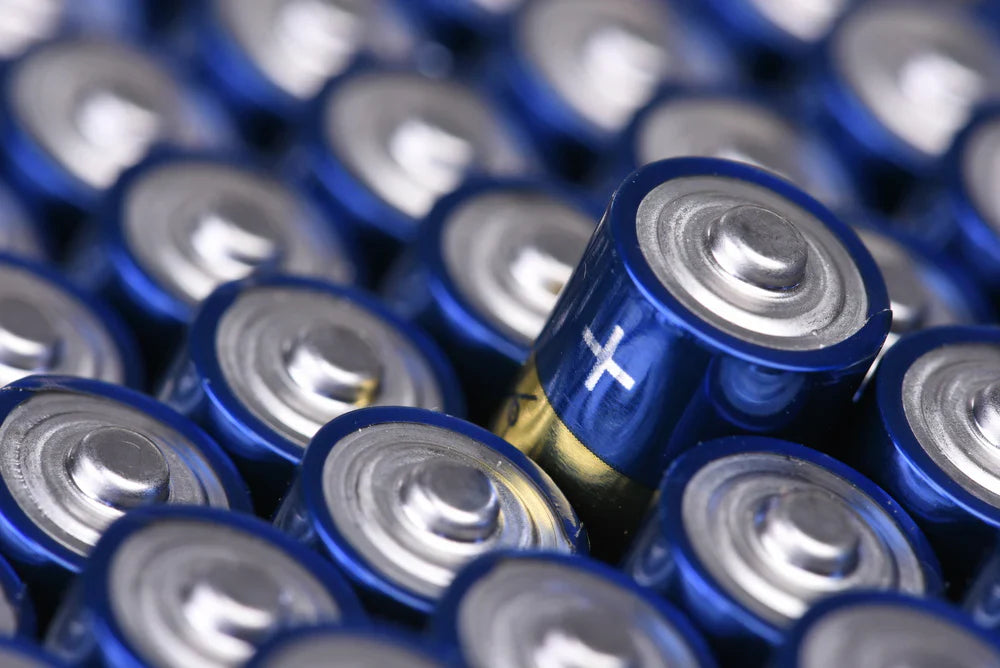Manufacturers Still Love Lithium-ion Batteries | Paleblue
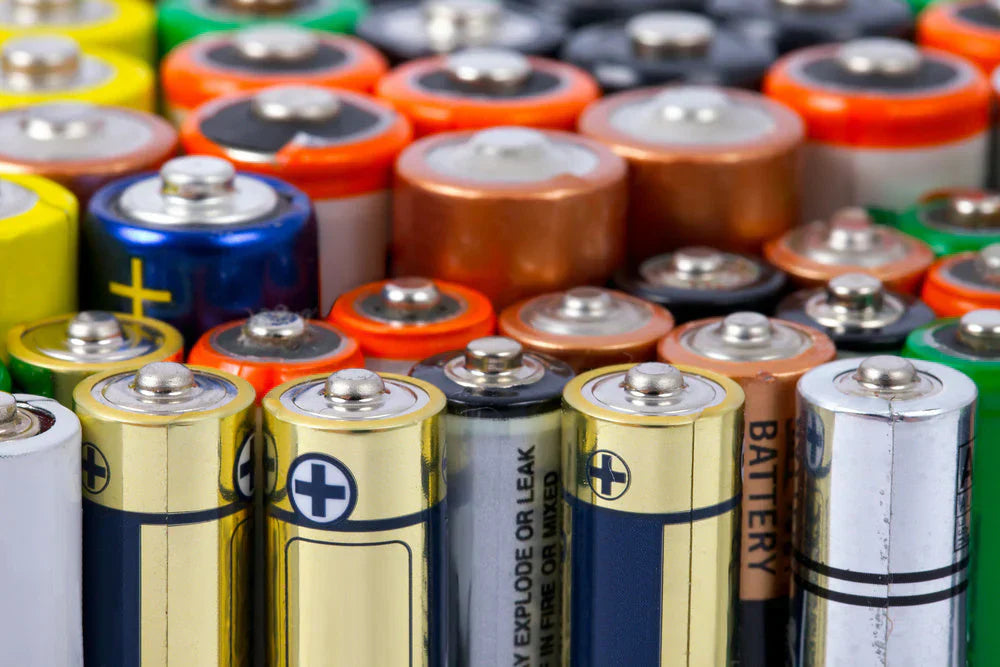
It has been quite a while since the first lithium-ion rechargeable batteries made it to market. In the years since, we have seen innovative manufacturers make Li-ion consumer batteries in all the most common form factors: AAA, AA, 9V, etc. We have also seen a surge in lithium-ion battery technology outside of the consumer market. So, what's the deal? Are lithium-ion batteries that much better?
Manufacturers still love lithium-ion technology. Despite it having improved greatly over the past 10-15 years, the technology is nowhere near the point of being perfected. The more researchers dig into it, the better batteries are becoming. Assuming that li-ion continues to be the rechargeable battery technology of choice, the technology could be significantly better in just a few years.
For the record, here is why manufacturers love lithium-ion batteries:
1. Long cycle life
It goes without saying that lithium-ion batteries are rechargeable. In our market, this makes lithium-ion USB-C batteries better than single-use alkaline batteries. Being able to charge a consumer battery 1,000+ times beats buying an alkaline battery, discharging it once, and throwing it away – hands down. Having the capacity to charge 1,000+ reduces the waste stream and saves our customers money and trips to the store.
2. Better than Other Rechargeable Technologies
If you take single-use alkaline batteries out of the equation, there are other rechargeable battery technologies. Think Nickel Cadmium and Nickel Metal Hydride in the consumer market and lead-acid batteries for commercial applications. These other rechargeable technologies are still utilized today. But for most applications, lithium-ion is superior. It offers more consistent discharge rate, longer life, and a higher power density with lower weight.
3. Battery Components Are Recyclable
One thing nearly all rechargeable batteries have in common is their recyclable nature. Whether you are talking lithium-ion, NiCad, NiMH, or lead-acid batteries, all contain chemicals and components that can be recycled. Technically, so do alkaline batteries, but there is little value or market for the materials recovered from alkaline batteries, which is why so many folks just throw them away. In fact, many recyclers actually incinerate them.
Perhaps the most valuable component in a lithium-ion battery is the lithium itself. Lithium is exceedingly difficult to mine. It is also found in only a limited number of locations. So, to reduce the environmental impact and cost of mining, battery manufacturers and retailers urge consumers to recycle their spent lithium-ion batteries.
4. Lithium-Ion Offers Tons of Applications
Manufacturers still love lithium-ion batteries because the technology offers tons of applications. Here at Paleblue, our focus is on the consumer market. Our USB-C rechargeable batteries come in all of the traditional form factors required to power toys, flashlights, remote controls, electric toothbrushes, door locks, etc.
Lithium-ion technology is ideal for consumer electronics. The technology powers our cell phones and laptops for good reasons. It powers our portable music players, our smart watches, and even those sunglasses with the built-in cameras. But why stop there?
Electric vehicles run on lithium-ion technology. So do electric aircraft, boats, etc. Manufacturers put lithium-ion batteries in industrial robots. They put them in medical devices, restaurant appliances, audio and video equipment, scientific instruments, and on and on.
5. Lithium-Ion Just Works
Rounding out the reasons manufacturers still love lithium-ion batteries is the simple fact that the technology just works. With other rechargeable technologies, there are range of factors capable of inhibiting performance in the field. That is certainly true of lithium-ion batteries but, by and large, they tend to work flawlessly under most conditions. They do what they are supposed to do each and every time.
Science will no doubt one day come up with a better rechargeable battery chemistry. Until that time comes, lithium-ion will continue to dominate both consumer and commercial batteries. Manufacturers love them. So do we.

